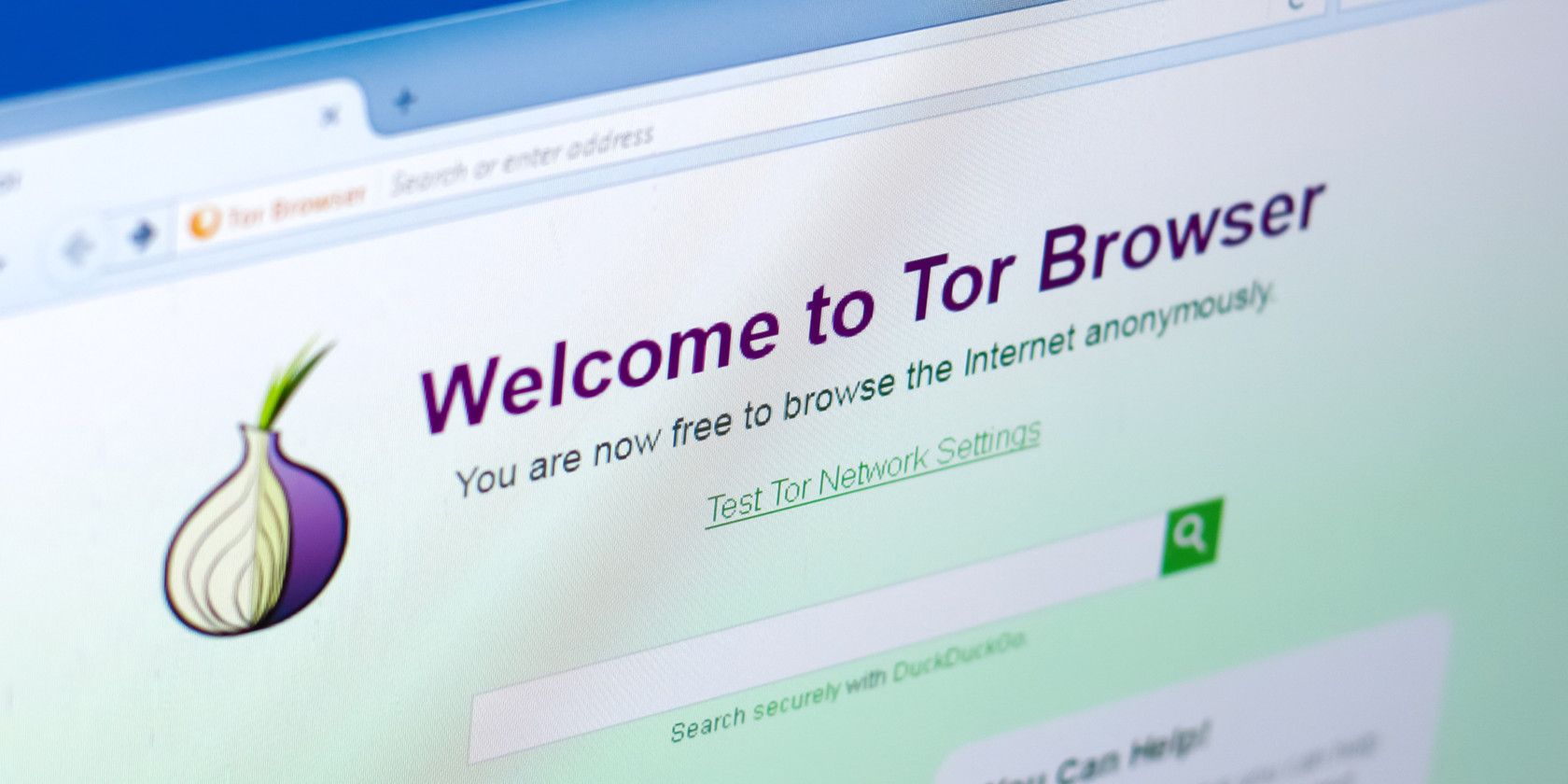
Browsers collect a large amount of information about how you behave online, what ads you click on and what websites you visit. To protect your online activity from browser trackers. Tor Browser can give you more benefits than using a VPN if you want: Governments in Saudi Arabia, Russia, and Iran are taking steps to prevent citizens from using Tor. China and Venezuela totally block Tor traffic. Tor is legal in most countries but there are some exceptions.

If you just want to communicate anonymously, browse safely, and don’t plan to do illegal activities online, you can freely use the Tor Browser. Also, it can make any other company with enough resources to monitor the Tor network. However, it’s within the power of an organization to serve many Tor servers. Generally, this is an impossible task for a single individual. But it is still possible to identify you if someone has access to guard and exit relays. The non-profit Tor project aims to give users maximum privacy while browsing online. Your request goes to the required website or service, which identifies the exit relay’s IP address as your IP.

Tor, also known as The Onion Router, is a free open-source browser for Windows, macOS, and Linux operating systems. What is Tor Browser and how does it work? Let's take a closer look and decide when Tor and VPNs are more beneficial. A VPN focuses on privacy and masking what you do online. The main point is that Tor focuses more on anonymity, on concealing your identity.

You can use them both to protect yourself on the Internet and bypass censorship, geo-restrictions, and surveillance. Tor Browser and VPN are seemingly similar online security tools.


 0 kommentar(er)
0 kommentar(er)
